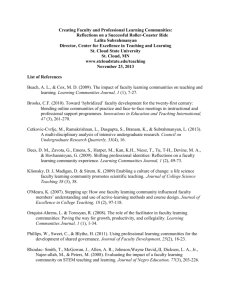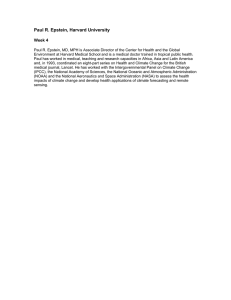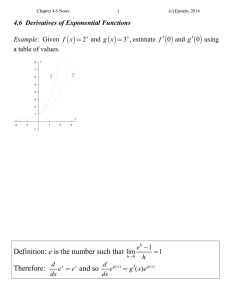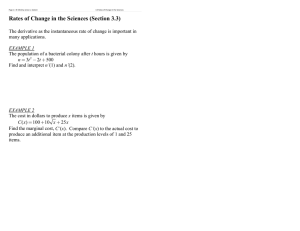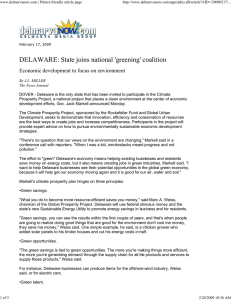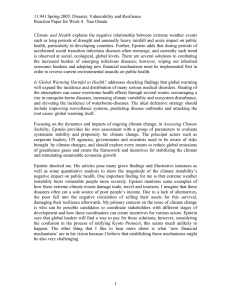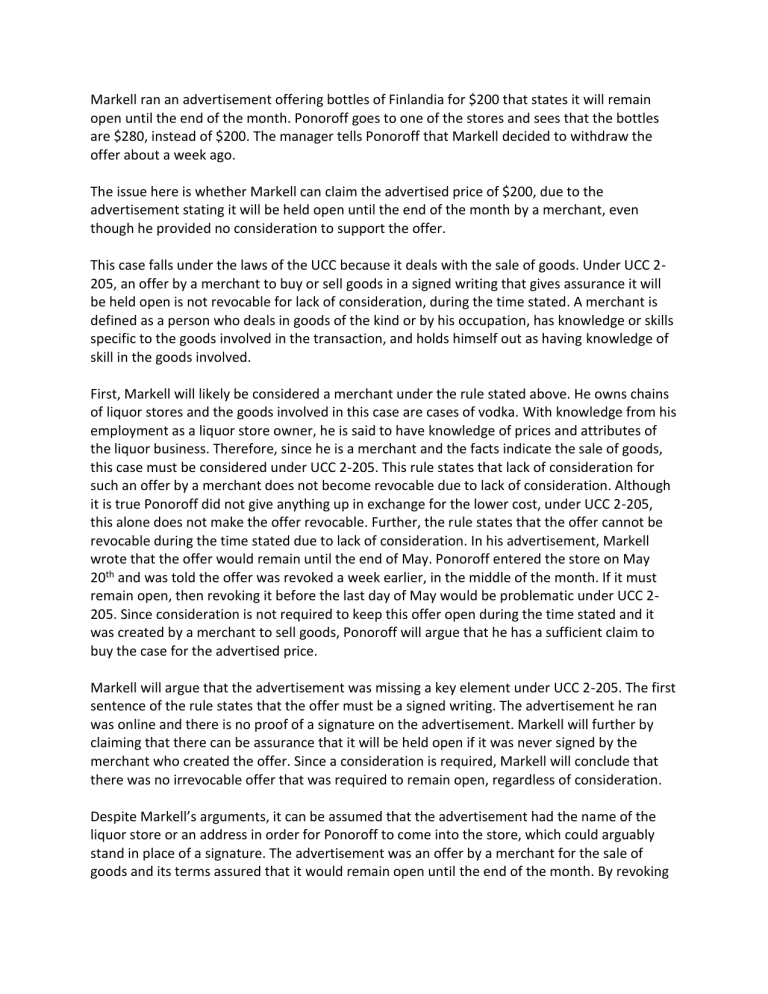
Markell ran an advertisement offering bottles of Finlandia for $200 that states it will remain open until the end of the month. Ponoroff goes to one of the stores and sees that the bottles are $280, instead of $200. The manager tells Ponoroff that Markell decided to withdraw the offer about a week ago. The issue here is whether Markell can claim the advertised price of $200, due to the advertisement stating it will be held open until the end of the month by a merchant, even though he provided no consideration to support the offer. This case falls under the laws of the UCC because it deals with the sale of goods. Under UCC 2205, an offer by a merchant to buy or sell goods in a signed writing that gives assurance it will be held open is not revocable for lack of consideration, during the time stated. A merchant is defined as a person who deals in goods of the kind or by his occupation, has knowledge or skills specific to the goods involved in the transaction, and holds himself out as having knowledge of skill in the goods involved. First, Markell will likely be considered a merchant under the rule stated above. He owns chains of liquor stores and the goods involved in this case are cases of vodka. With knowledge from his employment as a liquor store owner, he is said to have knowledge of prices and attributes of the liquor business. Therefore, since he is a merchant and the facts indicate the sale of goods, this case must be considered under UCC 2-205. This rule states that lack of consideration for such an offer by a merchant does not become revocable due to lack of consideration. Although it is true Ponoroff did not give anything up in exchange for the lower cost, under UCC 2-205, this alone does not make the offer revocable. Further, the rule states that the offer cannot be revocable during the time stated due to lack of consideration. In his advertisement, Markell wrote that the offer would remain until the end of May. Ponoroff entered the store on May 20th and was told the offer was revoked a week earlier, in the middle of the month. If it must remain open, then revoking it before the last day of May would be problematic under UCC 2205. Since consideration is not required to keep this offer open during the time stated and it was created by a merchant to sell goods, Ponoroff will argue that he has a sufficient claim to buy the case for the advertised price. Markell will argue that the advertisement was missing a key element under UCC 2-205. The first sentence of the rule states that the offer must be a signed writing. The advertisement he ran was online and there is no proof of a signature on the advertisement. Markell will further by claiming that there can be assurance that it will be held open if it was never signed by the merchant who created the offer. Since a consideration is required, Markell will conclude that there was no irrevocable offer that was required to remain open, regardless of consideration. Despite Markell’s arguments, it can be assumed that the advertisement had the name of the liquor store or an address in order for Ponoroff to come into the store, which could arguably stand in place of a signature. The advertisement was an offer by a merchant for the sale of goods and its terms assured that it would remain open until the end of the month. By revoking the offer before the last day of May, Markell violated the rule and Ponoroff should be able to successfully claim entitlement to the price stated in the advertisement. The first issue here is whether Markell has recourse under traditional rules of contract law. Under the traditional rules of contract at common law, an offer is revocable by the offeror at any time up to acceptance. Additionally, an option contract must be supported by consideration in order to be considered irrevocable. If the option contract’s consideration fails or is non-existent, then it becomes a mere offer, revocable at any time by the offeror. Under the traditional rules, Markell would be left empty handed. Epstein had every right to revoke the offer prior to Markell’s acceptance. Since he revoked before Markell had a chance to accept the job offer, Epstein’s revocation was acceptable and valid. Additionally, Markell did not give up a bargained for exchange for Epstein’s job offer. In other words, Epstein was not gaining anything from this contract and there was no consideration given for the option contract to remain irrevocable. Since there was nothing bargained for and no consideration, the option contract became a mere offer and Epstein’s revocation was valid. However, there is another issue that must be addressed in this case, which is whether Markell reasonably relied on Epstein’s promise to his detriment. The Restatement gives us a rule under provision 87(2), that states if the promisee has taken steps in detrimental reliance that is reasonable, the court will enforce the promise made to him. Additionally, reliance on a promise can be substituted for consideration when the reliance is reasonable and the only way to make the promisee better is enforcement. From the facts, it is clear that Markell relied on Epstein’s job offer. Markell quit his current job in order to accept the offer from Epstein. However, we must consider whether this reliance was reasonable and to his detriment. Epstein told Markell that the offer was good for one week. This statement, coming from a successful lawyer, would lead a reasonable person in Markell’s shoes to believe it was truthful. Therefore, it was objectively reasonable for Markell to rely on the promise from Epstein. Markell additionally quit his current job in order to accept the offer from Epstein. Considering he had significant student loans, quitting his job and being rejected from the other job could very well be considered detrimental. All in all, when evaluating the evolution of contract law from strict rules to more flexible standards, it would be unfair to let Markell suffer to taking a reasonable reliance on Epstein’s claim to his detriment. Although there was no consideration supporting the offer, detrimental reliance can be substituted for the bargained for exchange.
